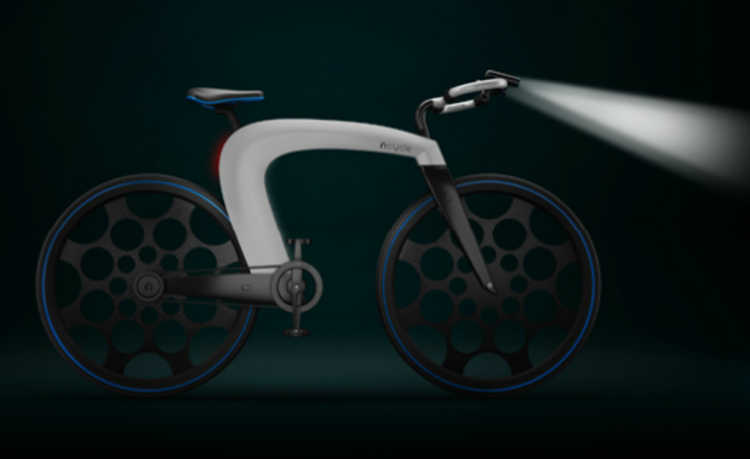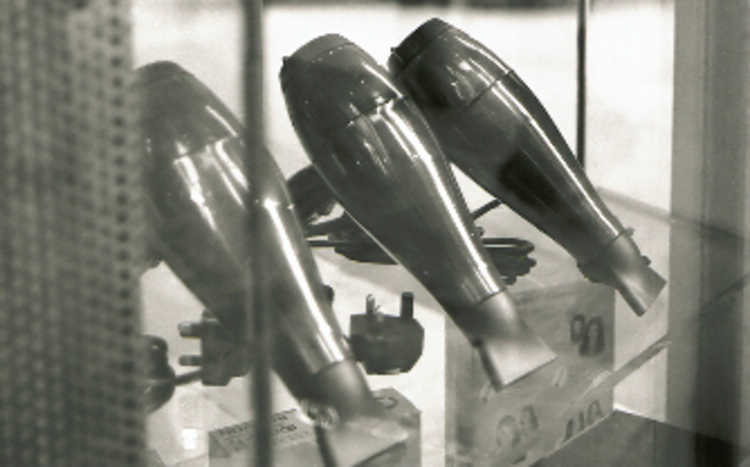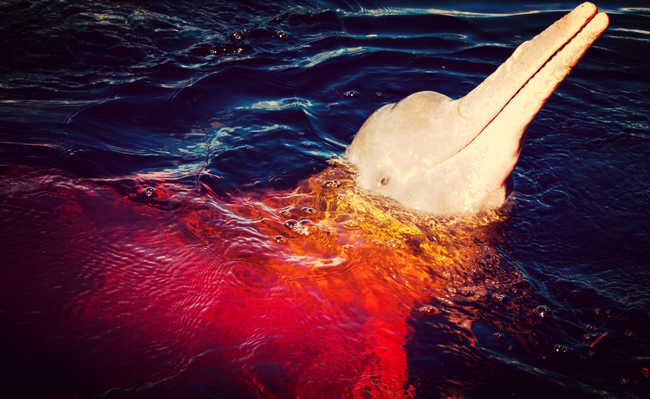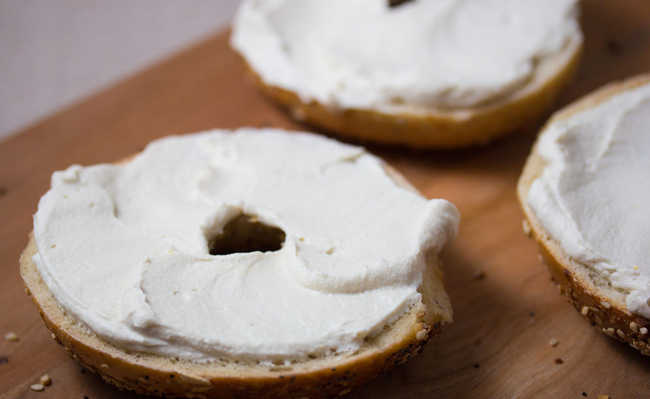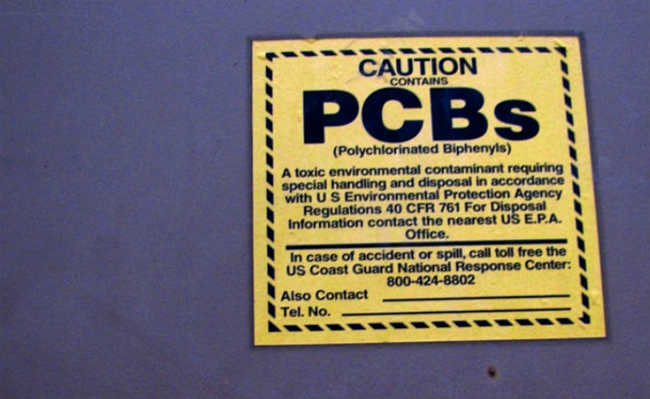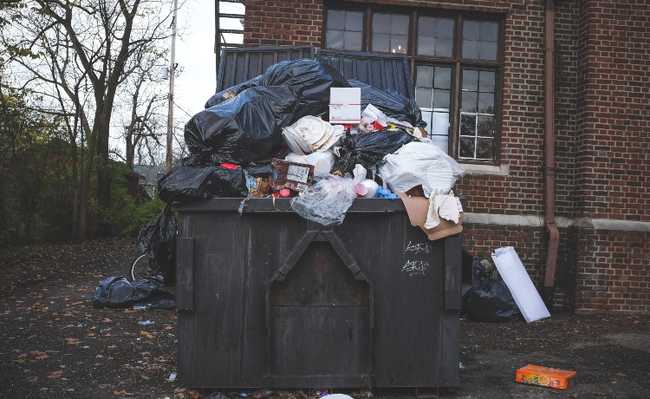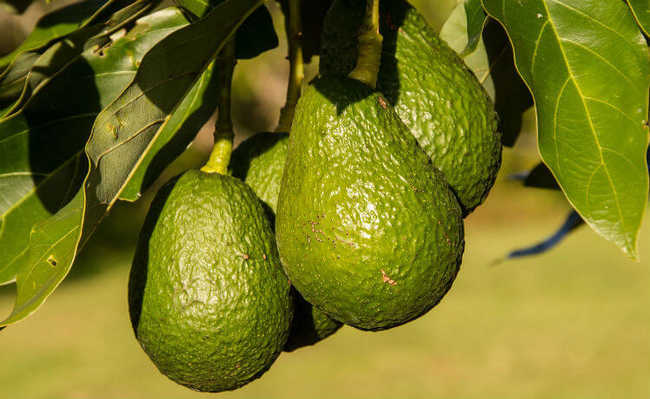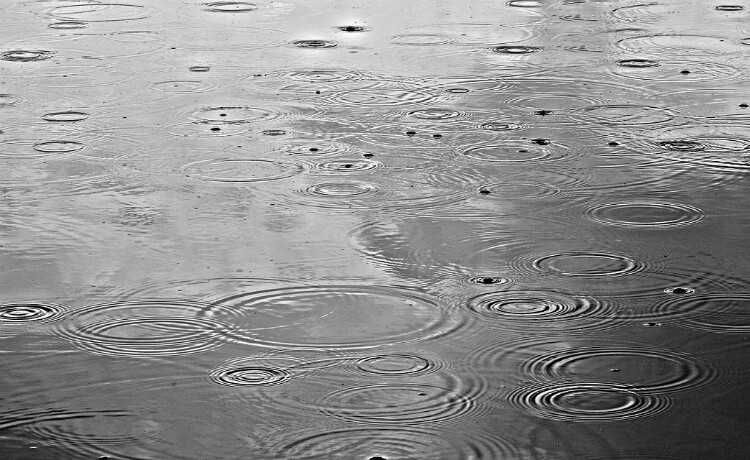Concentration of plastics in oceans is alarming, say experts and activists
The United Nations Information Center for Brazil (UNIC Rio) heard experts and activists, who warned of problems such as the high concentration of plastics and ocean acidification

"Marine debris laden beach in Hawaii" by NOAA Marine Debris Program Follow is licensed under CC BY 2.0
The oceans are essential to life on the planet, but they face several problems. Professor of Oceanography at the State University of Rio Janeiro (UERJ) José Lailson Brito Jr sees the situation of the oceans as worrying. He recalls that global warming affects not only sea level rise, but also alters ocean currents and affects the climate in various places.
At the same time, he warns, ocean acidification interferes with the ability of calcifying organisms – such as algae, corals and molluscs, for example – to create their skeleton or exoskeleton.
Another big problem faced by the oceans is the pollution of the sea, mainly by plastic waste. He recalls the situation of sea turtles delivered to UERJ's Laboratory of Aquatic Mammals and Bioindicators; when analyzing them, the team found that all had ingested plastic.
"All the sea turtles that were delivered to our laboratory had plastic residues in the digestive tract," said José, who explained that turtles confuse plastic bags, for example, with algae, and end up eating something that is not digested by the body and it does not offer nutritional value and may die of starvation.
For Ricardo Gomes, documentary filmmaker and marine biologist, more needs to be done for the oceans. Ricardo is the director of the documentary “Baía Urbana”, which will be released on the 9th of the Conference of the Oceans, which takes place from June 5th to 9th, in New York, in the United States. He had already filmed the underwater life of Rio de Janeiro in the documentary “Mar Urbano”, released in 2014.
The inspiration for the new film came when the city was getting ready to host the Olympics, with the analysis of published articles about the pollution in Guanabara Bay.
“They always spoke as if she were dead, and I knew that there was still a lot of life in the Bay”, recalled Ricardo, who emphasizes the importance of the population knowing the situation of the seas and oceans. “The first step for us to change reality is to get to know the life there. We have to know to preserve it”, he stated.
During filming, Ricardo realized that it was necessary to change not only the situation of the Bay, but of the oceans as a whole, which suffer from sewage discharge, global warming, ocean acidification and pollution.
Reversing this situation of the seas and oceans globally is, for him, a matter of human rights, as it involves the quality of life of the population, who often depend on the sea as a source of income or for food security. For this, he points out changes in consumption as essential.
“It's time to start thinking about stopping consuming plastic bags, but also stop with several other things. Stop consuming fish species that are exploited above their limit, for example. Stop with habits that generate damage to the environment”, he indicated.
Minus 1 garbage
Thinking about this need to change habits and conscious consumption, businesswoman Fernanda Cortez launched the 'Less 1 Garbage' movement. Fernanda realized that she needed to change her lifestyle when she watched a documentary that showed the impact of garbage on the oceans.
“A large part of the things we use on a daily basis is disposable plastic. And since we still throw a lot of garbage into the sea and rivers, the concentration of plastic in the oceans today is an alarming thing”, said Fernanda.
Thinking about how she could generate less waste, she realized that the disposable plastic cup she used almost daily could easily be replaced with a more sustainable alternative. He then developed the retractable movement cup: made of silicone, it is durable and functional, and can be taken anywhere.
In one year using the retractable cup, Fernanda saved 1,618 disposable plastic cups. For her, people have to become more aware of their responsibility towards the environment and rethink their habits to reduce pollution.
“Sometimes we think it's a small gesture, but a small ant gesture of many people together changes the world”, says Fernanda.
Follow the Oceans Conference and the theme via the website or the hashtag #SaveOurOcean.
Source: ONUBR


